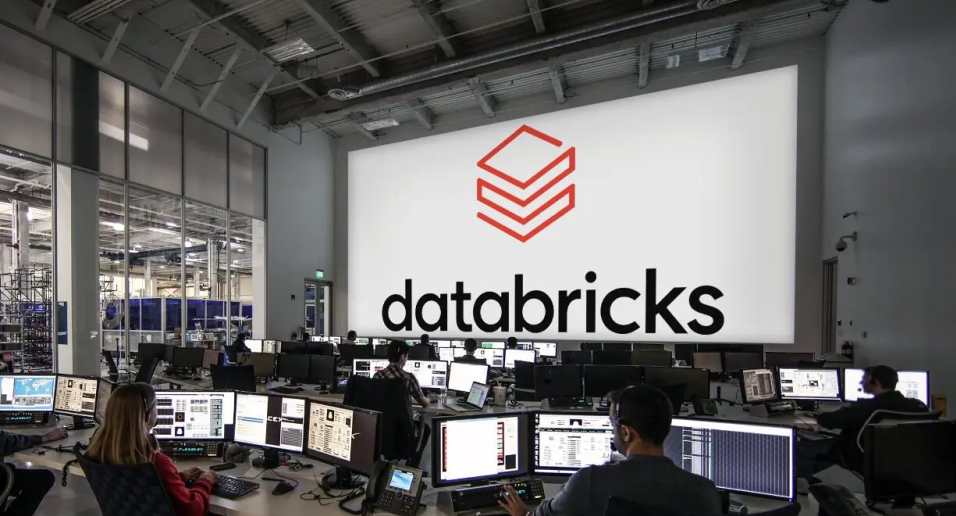Databricks (NYSE: DBRK) is making headlines again, this time with its agreement to acquire cloud database startup Neon for about $1 billion. This deal, confirmed by the company and widely reported across the tech industry, is the latest in a series of high-profile acquisitions as Databricks positions itself at the forefront of the data and AI infrastructure market.
Neon is best known for its serverless, cloud-native PostgreSQL database platform. Its technology is powering workloads for prominent AI and developer-first companies, including OpenAI and Replit. What sets Neon apart is its focus on databases created and managed by AI agents-over 80% of databases provisioned on Neon’s platform are spun up by code, not people. This is a significant shift as the next generation of AI applications demand databases that can scale instantly and efficiently.
For Databricks, Neon’s architecture fits perfectly into its vision of a unified data and AI platform. The ability to offer developers a serverless Postgres database that can keep pace with AI-driven, ephemeral workloads is a strategic advantage as more enterprises look for flexible, cost-effective solutions to manage their data.
The Neon deal is just the latest in a string of major acquisitions by Databricks. Over the past year, the company has spent billions to expand its capabilities:
- Tabular: In June 2024, Databricks acquired Tabular, a startup specializing in optimizing cloud-stored data and a leader in the Apache Iceberg open-source table format. The purchase price was reported to be over $1 billion, with some sources suggesting it approached $2 billion. Tabular’s technology helps organizations manage and query large datasets more efficiently, and it strengthens Databricks’ position in the competitive data lakehouse market.
- MosaicML: In 2023, Databricks bought MosaicML, an AI model training platform, for $1.3 billion. MosaicML’s tools enable organizations to train large language models and deploy generative AI applications, complementing Databricks’ existing AI offerings.
- Arcion: Databricks also acquired Arcion, a database replication startup, for $100 million. This deal further enhanced Databricks’ ability to move and synchronize data across different systems.
These acquisitions, along with the Neon deal, reflect Databricks’ aggressive strategy to build a comprehensive data intelligence platform that appeals to both traditional enterprises and fast-moving AI startups.
Databricks’ buying spree is a clear signal of its ambition to be the go-to platform for organizations building data-driven and AI-powered applications. By integrating Neon’s serverless Postgres technology, Databricks aims to offer developers a seamless experience for building, testing, and deploying AI-native software. The company’s recent moves also put it in more direct competition with cloud giants like Amazon, Microsoft, and Google, all of whom offer their own managed Postgres solutions.
For enterprises, these acquisitions promise more flexibility, scalability, and efficiency in managing complex data workflows. For developers, the integration of these technologies into the Databricks platform means faster innovation cycles and simpler architectures.
With the $1 billion Neon acquisition, Databricks is doubling down on its AI and data infrastructure vision. The company’s willingness to invest heavily in cutting-edge startups like Neon, Tabular, and MosaicML shows that it’s not content to rest on its laurels. As the demand for AI-native and cloud-first data solutions grows, Databricks is positioning itself as a central player in the next wave of enterprise technology.

